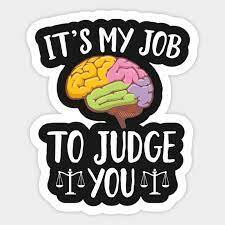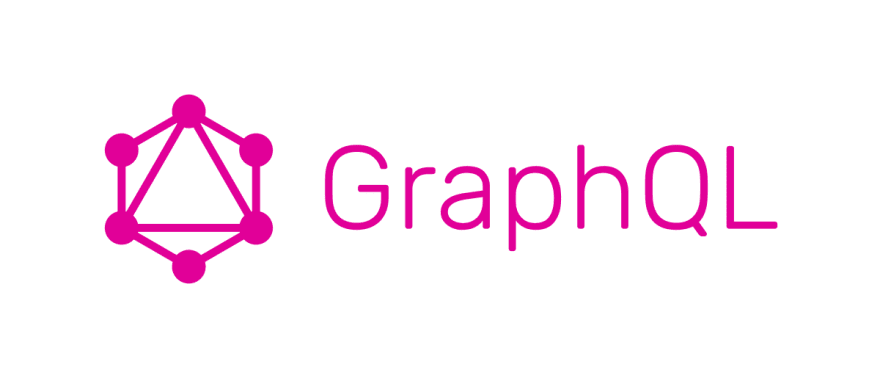The human brain is said to be a dual-processor, with a logical conscious system and a non-reflexive system, both of which are wired to make judgments about people's race and sex, as well as trustworthiness, to mention a few. A variety of circumstances impact our thoughts and behaviors, many of which are beyond our awareness and control.

We are taught not to judge a book by its cover, yet judgment is simple and requires little thought or reasoning, so it's often seen as an attempt to build hierarchies of better than and less than, superior to and inferior, to define worth in everyone and everything we encounter.
Thinking is difficult, that's why most people judge. ~ Carl Jung.

Knowing what you want out of life is the first step in getting it. Values are described as moral concepts, attitudes toward the world, or conventions and behaviors that are deemed 'good' in a given group, community, or organization.
Companies like CodeOfAfrica and Awesomity Lab use clearly defined values to ensure that everyone is working towards the same goals.

REST is seen by many developers as a road to avoid at all costs. Understanding the workings of REST has proven to be more difficult than anticipated for many developers, including myself. REST has proven to be too rigid to keep up with the constantly changing needs of the customers who use it.

As a lifesaver to many, GraphQL stepped in to reduce the number of API lines produced and database queries done.
Understanding GraphQl in the hours leading up to the Friday presentation was difficult and time consuming, but my teammate Maniple KWIZERA and I were able to prepare and deliver a good and insightful presentation.

To summarize, we should learn to focus on our commonalities rather than our differences, instill values in ourselves and others, and seek to overcome preconceptions in order to better understand cultural diversity.






Top comments (0)